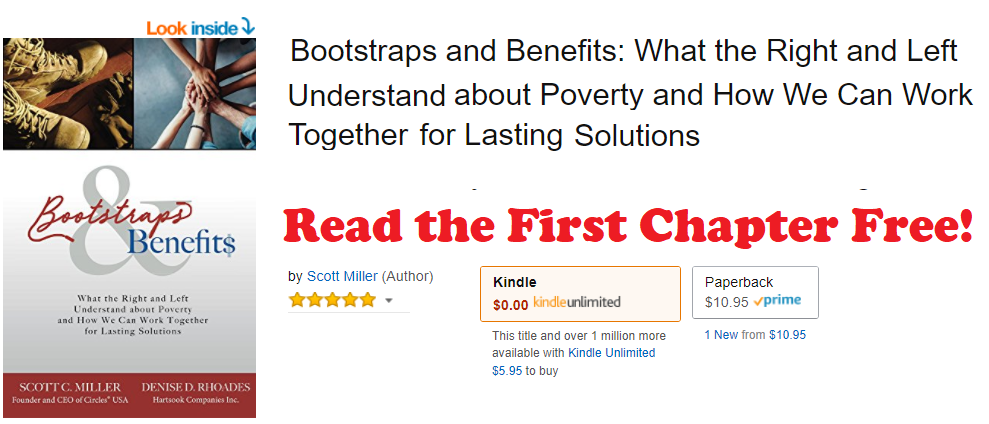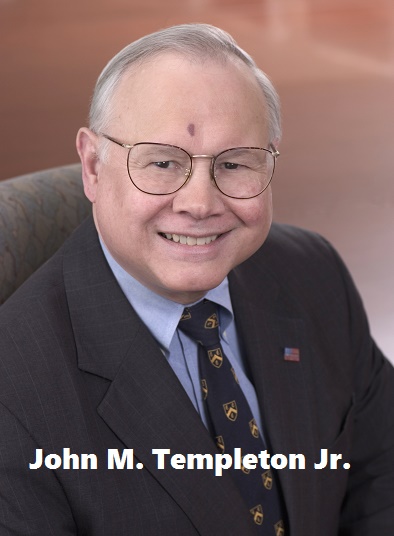President Donald Trump signed an executive order that aims to add work requirements for Medicaid and other welfare programs. Will this help to reduce poverty or make it worse?
The US has a “poverty management” system, rather than a poverty reduction system. If you follow the money from the federal government to state to local entities, you will see it comes down in silos, for specific programs, creating a kaleidoscope of complicated, fragmented services.
Progressives want more subsidies in the absence of robust livable-wage job creation. Conservatives want fewer subsidies and increased personal accountability. Work requirements are intended to increase personal accountability. But, if economic development programs, workforce programs, and safety net programs are not held accountable to providing enough good jobs and coordinated services that move people out of poverty, individual responsibility policy fixes have little to offer. They might sound good politically, but they often make life more difficult for those who are having the most problems in our economy.
To reduce poverty, we must:
create poverty reduction systems that are financed to support people out of poverty, as in 200% or more of the federal poverty level; eliminate the cliff effect built into safety net programs that financially penalize people for taking more hours, higher pay, and new jobs; create more jobs with better and more up-to-date economic development strategies.
There are solutions to poverty. Many conservatives believe the solution lies in people accepting more personal responsibility, and many liberals believe we need to provide more benefits and better jobs. What is the answer? All of the above.
For more information on our Circles USA solutions, please read my latest book, co-authored with my conservative friend, Denise Rhoades, “Bootstraps and Benefits: What the Right and Left Understand about Poverty and How We Can Work Together for Lasting Solutions.”
Together, we can begin the end of poverty in our lifetime. Join the conversation at CirclesUSA.org




